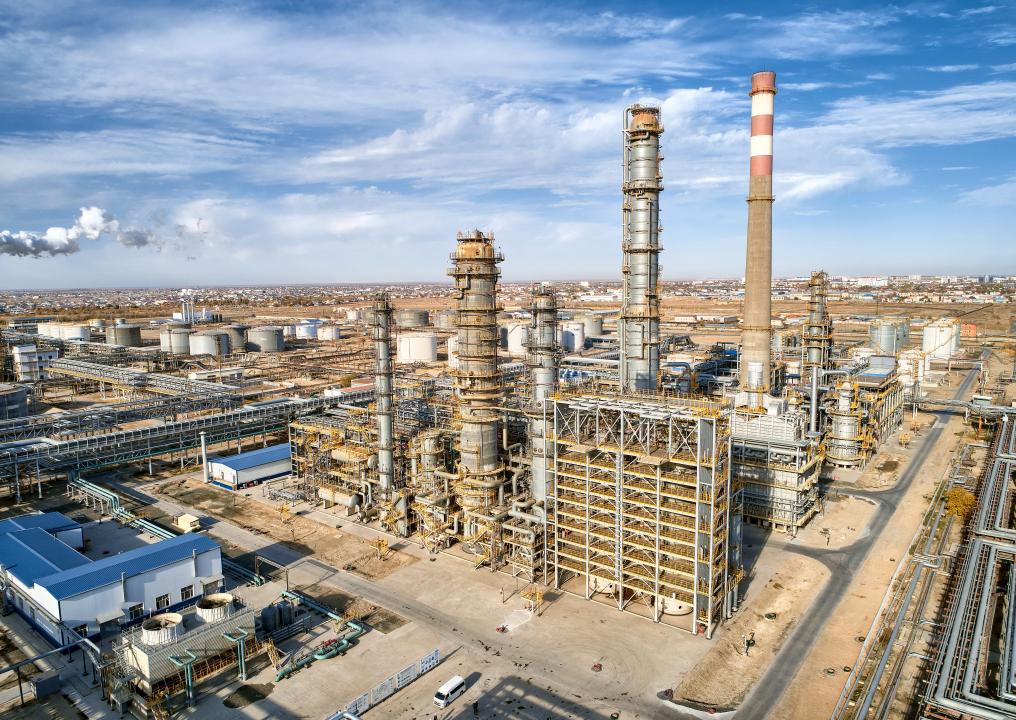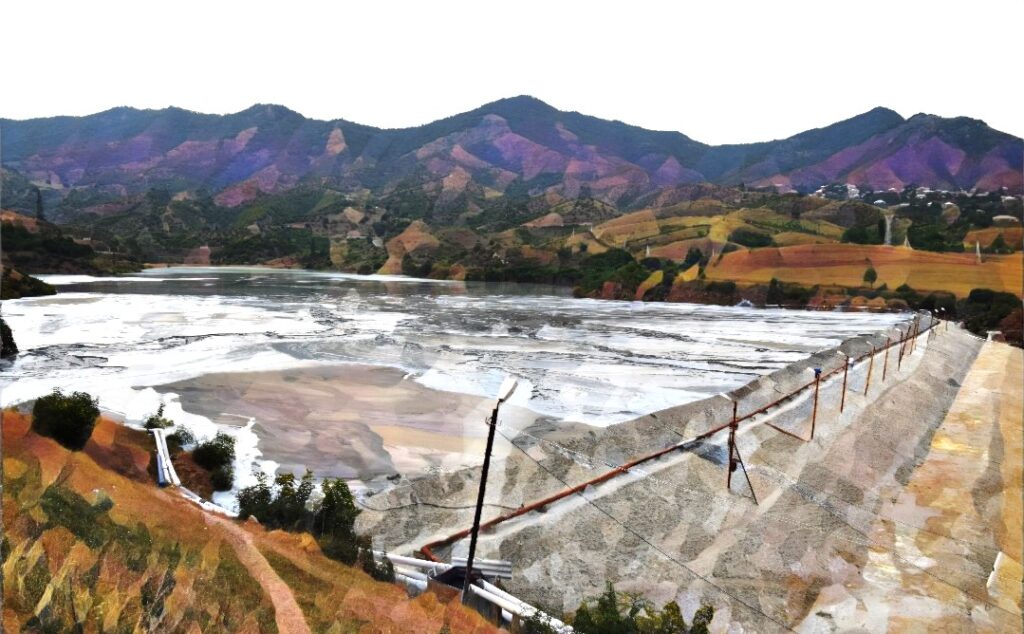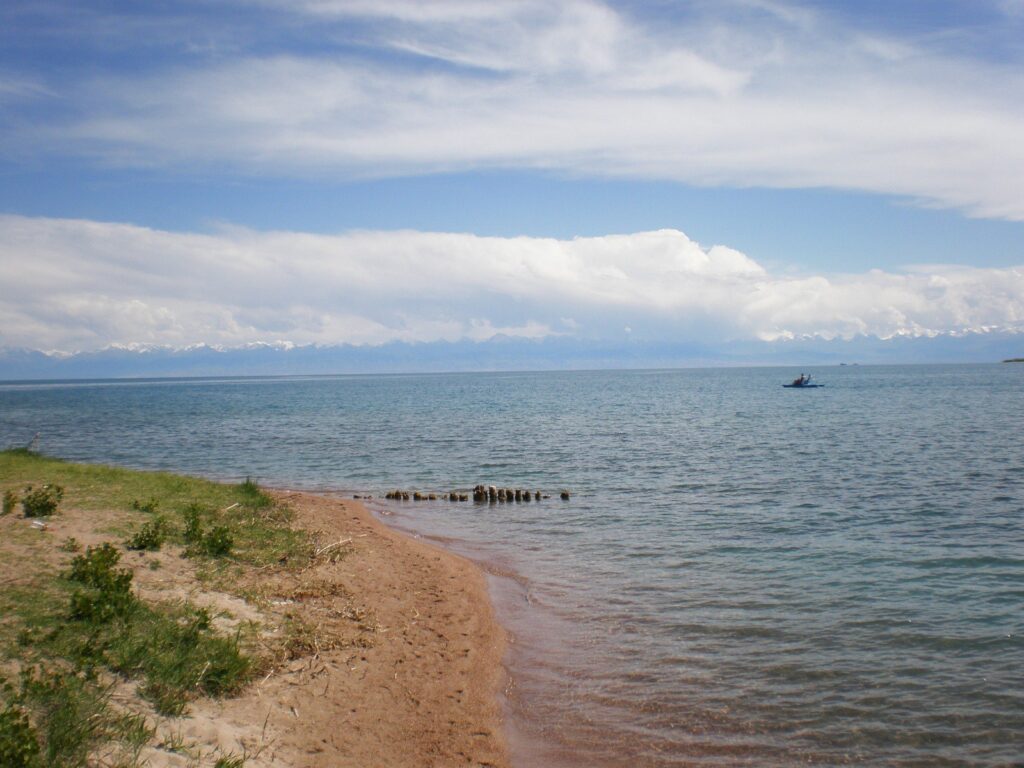The Buzachi Oil Company has been fined 350 million tenge ($777,536) over a fire at the Karaturun field that burned for 200 days. As a result of a large methane leak at the field in June 2023, natural gas ignited at well number 303. The fire was finally extinguished on December 25th.
Consequently, representatives from a regional Department of Ecology office conducted an unscheduled inspection of Buzachi Oil LLP, and according to the data gathered, the maximum permissible concentration (MPC) of methane in the air in the vicinity of the field was 480-times higher than normal. Furthermore, the concentration of petroleum products in the soil was 168.13 mg/kg higher than the permissible limit.
According to a since deleted post on petrocouncil.kz, the fire started on June 9th when a gas-water mixture was released during the lifting of the drilling tool and ignited. Members of Parliament subsequently called on the government to terminate the contract with Buzachi Neft and return the field to the state. It transpired that the well had been drilled a year earlier than it should have been – not in 2024, as indicated in the permit, but in May 2023.
“Based on the results of the inspection, the enterprise was issued a prescription on the need to develop a remediation program to eliminate the environmental damage caused, as well as compliance with the norms of emissions into the environment. Four administrative protocols were drawn up. According to preliminary calculations, the fine will amount to more than 350 million tenge,” the Ministry of Ecology and Natural Resources said.

Experts estimate the volume of methane leakage at the field in Mangistau region amounted to 127,000 tons. If these estimates are correct, the methane leak at Karaturun may be the second largest in the history of observed leaks.
Speaking to The Times of Central Asia, environmentalist Timur Yeleusizov said that Kazakhstan needs to open a full-scale inspection of multiple enterprises, hold them accountable, and fine them. Yeleusizov claims that multi-million dollar fines are imposed in theory, but it’s not known how many of them have been levied in practice.
“This is not the first such case. Last year Kazzinc dumped cement dust, then the Ulba River was colored white, and now it is green,” Yeleusizov told TCA. “How long will this continue and how long will our state inactivity last? Recently, there have been frequent cases of waste discharged into water bodies and rivers from which people drink. This problem concerns all the enterprises of Kazakhstan, because the issue of waste processing has not been solved so far. Moreover, companies can [afford to] pay these multi-million dollar fines without harming themselves.”
Yeleusizov also emphasized that the areas where hotels and resorts are located are in great danger, as none of them meet environmental standards. “I’ve repeatedly raised this issue with the Ministry of Ecology and Natural Resources. We are now developing ecological tourism – glamping and camping in specially protected areas. Nevertheless, not a single mountain resort in Kazakhstan meets the standards for the disposal of fecal waste. It all [goes] into rivers, springs, and groundwater. Thus, people are poisoned. We have no specific regulatory legislation that would oblige these resorts to install treatment facilities and remove waste,” he said. “In essence, we are destroying our people in favor of commercial structures.”









